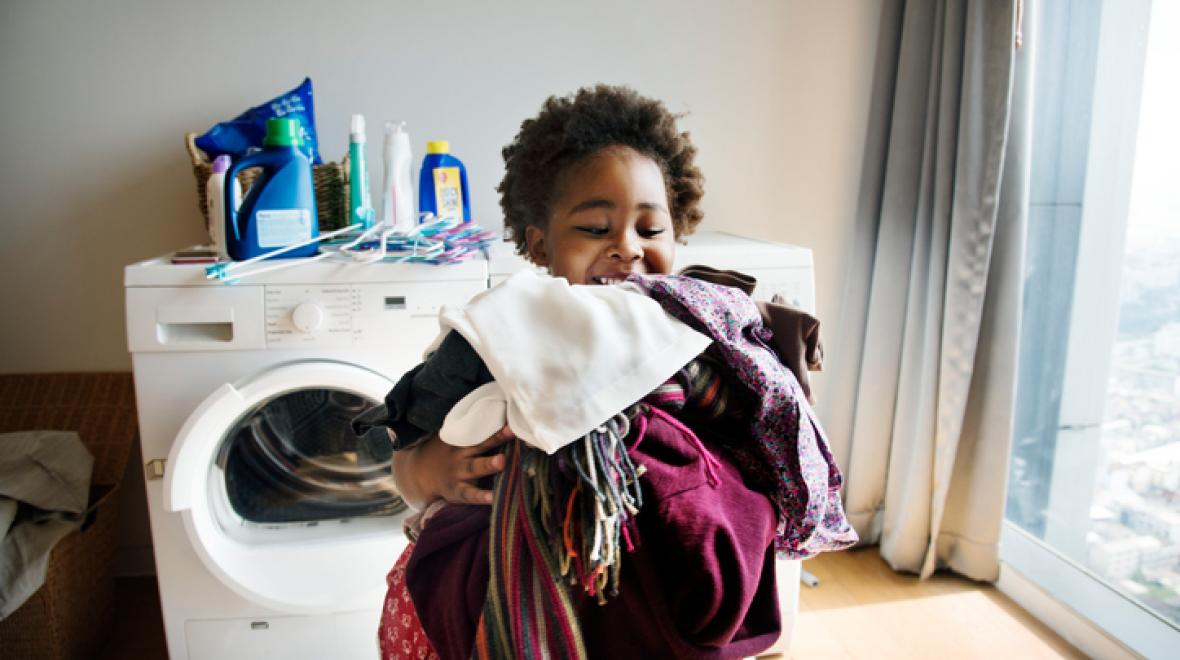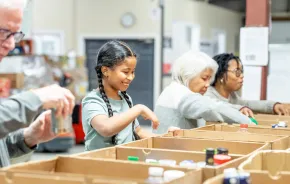
I have a parenting confession: My sons don’t do as much around the house as they should.
They have always been expected to clean up after themselves, but they’ve never been assigned chores or contributed much to household tasks.
This summer, that’s changing.
I want my kids to understand that our whole family is responsible for taking care of our home. We all live here, so we can all pitch in to prevent ourselves from living in squalor (hello, daily gobs of toothpaste on the bathroom sink).
But I do not want to make a chore chart. Calling anything a “chore” is instantly demotivating. Plus, charts are a lot of maintenance for the people — ahem, me — tasked with making them. And I don’t want to bug my kids to “do their chores,” punish them for neglecting their responsibilities or reward them for basic tasks they should be doing anyway.
So how can I foster a spirit of family cooperation and get my kids to contribute more without all the whining, bribing, cajoling and consequences that usually come with kids and chores?
I’m testing out something called the “family teamwork” plan. Here’s how it works:
- Every kid gets assigned two tasks per day. It’s easy stuff, like sweeping the kitchen floor and setting the table. These assignments rotate (on a small whiteboard) so everyone learns how to do every task. The kids can find someone to help them with their task or even switch with someone else, but they have to ask nicely and the other person has to agree or else it’s still the assigned kid’s responsibility.
- If most tasks have been done happily (without loads of complaining or reminders) during the course of a week, then the whole family gets to enjoy a fun activity: a special dessert, a trip to the park, a picnic lunch, whatever we all agree on.
- If the tasks don’t get done, then no one gets to do the family fun activity — even if only one person didn’t pull their weight. It’s a shared responsibility. We have to help each other to be successful; that’s the “teamwork” part of the “family teamwork” plan.
When I explained this plan to my kids, I didn’t use the word “chores” and I made sure to note that my husband and I are doing our own tasks, too. My kids were totally amenable to it. So far, they like that the tasks change every day and they’re thriving on the idea of working as a team.
I’ll admit that I have high hopes for this plan. It’s flexible, for one. I don’t care who does what job as long as it gets done. Work it out amongst yourselves, kids! It’s called “cooperation.”
It also requires my kids to think about our family dynamics and how each of us can help one another. Your brother is grumbling about sorting the recycling? Offer to do it with him. You don’t want to sweep the floor today, but you want to help me weed in the garden instead? Deal.
If we work hard together, we get to play hard together at the end of the week. But the point is that we are all in this together, and that means we can do anything (including wiping up those toothpaste gobs in the bathroom because gross).
Editor’s note: This article was originally published in July 2018, and updated in July 2020.











